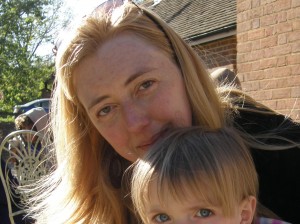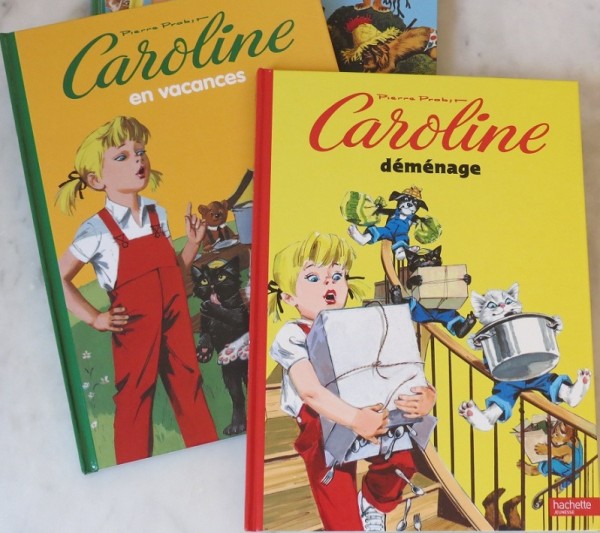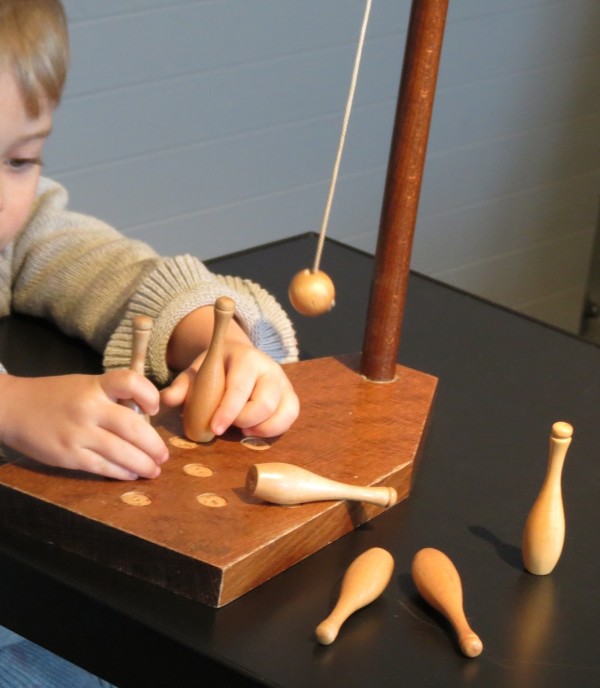“Oh, they’ll be fine! Children are amazing aren’t they? They just soak up languages like a sponge”
I have lost count of the amount of times I have heard this. Almost the same amount of times as the absurd question: “is she a good baby?”
I have heard it come out of my own mouth a few times, like a tape recording. I simply don’t want to get into the discussion of being an ex-pat and putting my child in school, especially with a stranger. So the “sponge” response is uttered, which appears to make complete strangers smile, pat my child on the head and wander off – surely a good result?

The reality of our children moving to a new country and going to a local or international school is very different. It may be fine. I have known children who just dive in and adapt astonishingly quickly. Which is marvellous. Jolly well done. Then there is every child in-between, who has their own world, their own coping mechanisms, their own speed and their own quirks. That’s what makes our children special: their unique natures.
I coached a mother whose son was processing the move to Switzerland with anger. His tantrums increased and behaviour included pummelling his mother in utter frustration. Anger is one of the more tougher emotions to handle, as we often see if as “unacceptable” and, to be frank, it makes us uncomfortable. Our instinct can be to shut it down. Immediately.
There may be many reasons why the emotions are processed as anger. We don’t really need to know why, but we do need to get more comfortable with it. Quite often it is a test: do you still love me when I am like this? If I push you away, will you still be here when everyone else I have known has gone away? Am I still acceptable?
At a young age, emotions can be the only form of communication. Consider it a conversation and stay in that conversation. Stay with your child, get down to their level and give eye contact (no, not THE look) and communicate love and understanding. Validate that you see the anger, without getting into the why. Give them the space to solve the problem themselves.
If they pummel into you further, try to find another outlet, such as ripping paper or tumbling play, where the child stays in control and gets to let the anger out naturally.
My daughter adapted to kindergarten very well (no, I am not showing off). What she didn’t react well to was the holidays. Suddenly her world had changed, yet again, and her new friends had gone away. She was dramatic! She was larger than life! She was very angry (bearing her teeth and hissing was a small clue). It took three solid days of giving her the safe place to enable her to return to balance and well-being. I was frazzled, but it was worth it!
Other children may do the opposite and become quiet. They may burst into tears at the smallest thing, or lose all confidence to do tasks they previously found easy. Just like anger, this is not something to distract or cajole them out of. This is how they are feeling and how they are coping. The acknowledgement and acceptance of this, with love and support, will help your children to regain their balance sooner.
If you make something of the fact, label it wrong, put strategies in place to “cheer them up”, you are giving the message that it is an unacceptable expression of emotion. Rather, let them know that home and family are a safe, loving place, thus giving them the security to find their own solutions to their unique problems, in their own unique way.
This article was kindly contributed by expat Tammy Furey.
Tammy Furey is a coach, writer, speaker and blogger. She works with parents who are experiencing stress and anxiety; and who want a peaceful, rewarding, loving relationship with their children. Her practice is based in St Gallen, Switzerland and she can be reached at fureycoaching.com





5 comments
If I had a Euro for every time someone told me that kids soak up languages … I would have so much money! We live in Serbia, and the Serbian languange is HARD. It is not a simple, straight-forward languange to learn, to pronounce, and don’t get me started on the grammar. For a native English speaker it’s tough! Sooo, yeah I get it. My daughter had a tough time adjusting. Now she loves her Serbian preschool and is fully fluent, but the first six months of full-immersion for a talkative (in English) two-year old? Oh, anger, tantrums, the works.
Learning a new language is hard, even for kids! It may come easier, but it’s no walk in the park. You have to constantly be corrected by adults, you have to be willing to try, you have to be secure in your ownself-worth to do all of that. These are not easy tasks!
Laura
Hi Laura, I agree with you 100%
If you think about a baby raised monolingually, in a monolingual environment: he/she needs 1 to 2 years before being able to start articulating a few words and usually longer for sentences – so it makes sense that the same length of time is allowed for kids to become fully bilingual.
But every child id different and timescales are different too…at least nowadays families are encouraged to raise their children bilingual or multilingual while years ago doctors advised against it. This is cefrtainly a step forward !
All the best, Michela
Isn’t it funny how adults getting grumpy and have tantrums about learning languages, yet we scratch our heads when our little ones have a meltdown. I know I still have tantrums about not understanding (and that is German, not Serbian – wow!!!!! )
As a parent though, doesn’t it make you so proud when they do get it?
eh ! eh ! yes I must confess to some embarassing French tantrums, especially when I really would like to express something and the words just don’t flow the way they should 🙂 I’m in complete awe of how our little ones manage it, but yes they do get overwhelmed at times – being back at school after 2 weeks of full immersion Italian seems to have dane it for my eldest this morning …